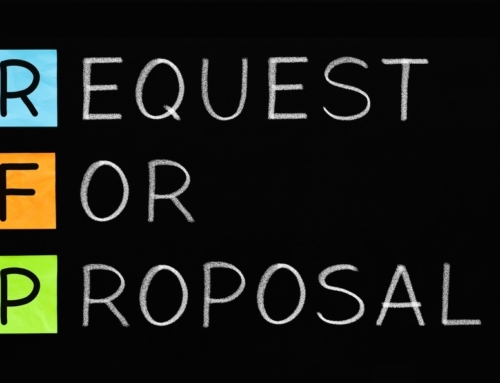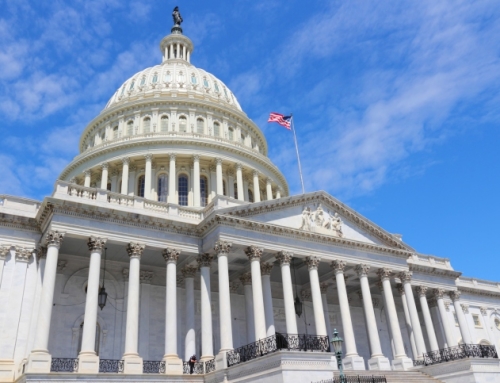The public can now see which companies are getting H-1B approvals or denials. US Immigration and Customs Services announced an H-1B employer data hub allowing the public direct access to which companies are getting workers. In addition, the public can download complete data files by fiscal year.
USCIS’ announcement came Monday, the start of the H-1B visas season when firms submit petitions for the limited number of visa slots available.
Federal fiscal year 2019 is the most recent federal fiscal year available in the data hub; and a download found the 10 companies with the most initial approvals for H-1B visas in 2019 were:
| Employer | Initial Approvals |
| Tata Consultancy Services Ltd. | 1,177 |
| Amazon.com Services Inc. | 606 |
| Google LLC | 512 |
| Tech Mahindra Americas Inc. | 475 |
| Microsoft Corp. | 364 |
| Facebook Inc. | 351 |
| Larsen and Toubro Infotech Ltd. | 317 |
| Deloitte Consulting LLP | 298 |
| Wipro Limited | 270 |
| Mphasis Corp. | 222 |
Visitors to the H-1B hub can view the data by company name, city, state or zip code.
H-1B visas are used to hire highly-skilled foreign workers, such as IT professionals, and are capped at 65,000 with an additional 20,000 available to individuals with advanced degrees from the US. In past years, the number of petitions has exceeded the caps within the first week of the government accepting them, prompting the USCIS to use a lottery to decide who gets the visas. It’s expected the number of petitions will exceed the cap this year as well.
Separately, nearly $5 billion in mandated H-1B fees paid by companies have gone to fund scholarships in the US between federal fiscal year 1999 and 2018, according to a report by the National Foundation for American Policy, a nonpartisan research organization.
Among companies’ costs in applying for new or extended H-1B visas are $1,500 that primarily go toward funding scholarships in the US, according to the organization. However, it noted President Trump’s 2020 budget includes plans for the doubling that amount to $3,000, which the organization’s report says is not justified.
In addition to those fees, the organization notes companies applying for H-1B visas must pay attorney fees, an anti-fraud fee, premium processing and other fees that can bring the total cost to between $3,400 and $16,560 per worker.
“Few people realize that fees for each new H-1B visa holder fund scholarships and job training for Americans,” said Stuart Anderson, executive director of the National Foundation for American Policy and counselor to the Commissioner of the Immigration and Naturalization Service under President George W. Bush. “Companies pay a significant amount of money in legal and government fees every time they sponsor a high-skilled foreign national, something they would not do unless it was considered important to a company’s plans to grow and innovate in America.”
H-2B numbers to rise. Meanwhile, the US Department of Homeland Security last week announced it will allocate an additional 30,000 H-2B visas for temporary nonagricultural workers for the remainder of fiscal year 2019. The newly allotted visas will be granted to applicants who have held H-2B status in at least one of the past three fiscal years.
The increase brings the cap to a record 96,000.









